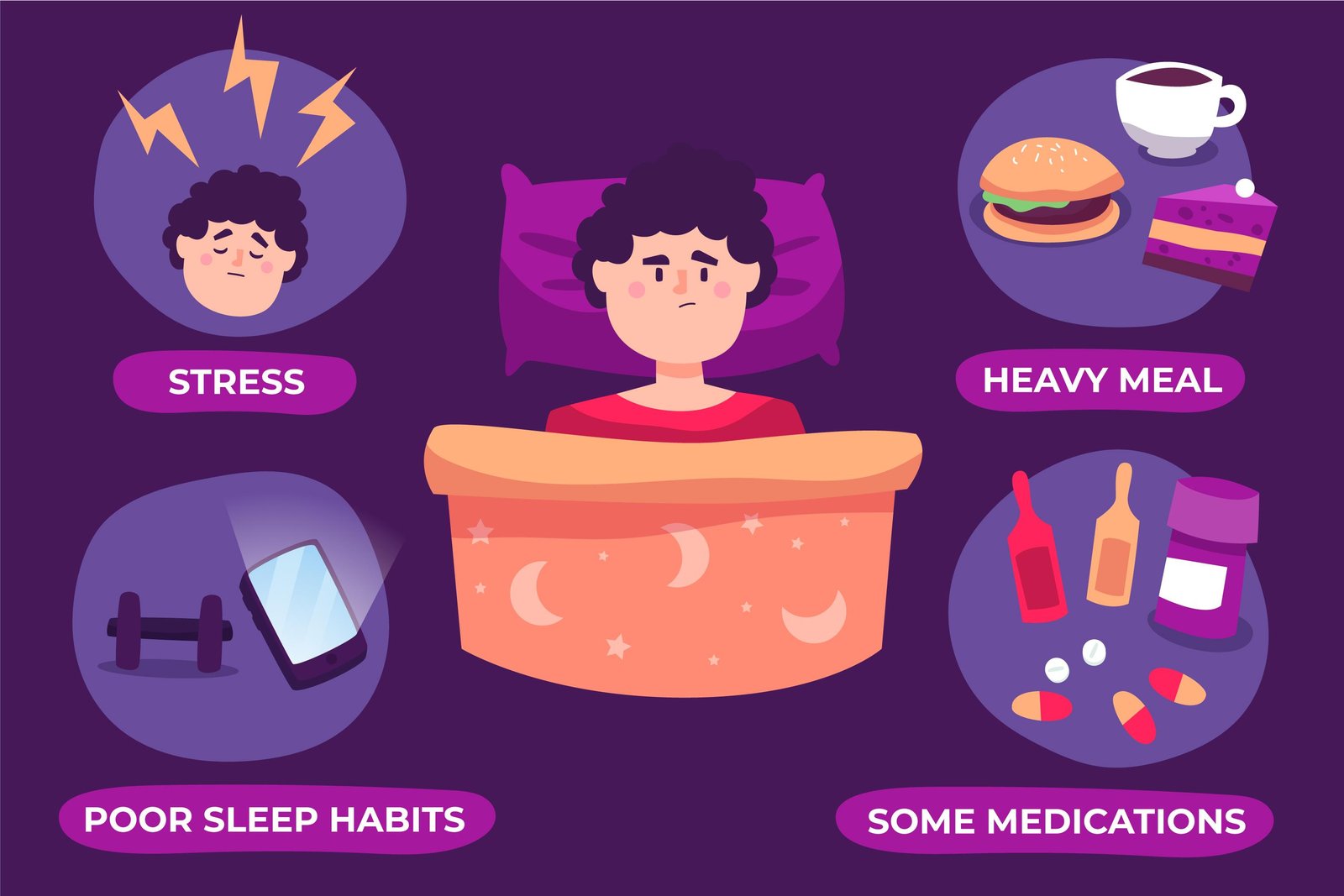
Mental health is finally getting the attention it deserves. We're talking more openly about anxiety, depression, brain fog, and burnout. But what if some of the answers we've been looking for don’t lie only in the brain?
What if they also lie in the gut?
It might sound surprising, but an increasing body of research is pointing to a deep and dynamic relationship between our digestive system and mental well-being. This isn’t pseudoscience or trendy wellness talk — it's grounded in biology, neuroscience, and real-world experiences.
Let’s unpack the science, the signs, and the solutions — and explore how your gut might be impacting your mood more than you think.
The Gut-Brain Axis: What Is It?
The gut-brain axis refers to the two-way communication system between your central nervous system (the brain and spinal cord) and your enteric nervous system (the complex network of neurons lining your gut).
The brain and gut stay in constant contact through:
- The vagus nerve (a major communication highway),
- Hormones like cortisol and ghrelin,
- And even neurotransmitters like serotonin and dopamine.
In fact, your gut contains over 500 million neurons — more than in your spinal cord — and produces about 90% of your serotonin, the “feel good” chemical often linked to depression and anxiety.
Enter: The Microbiome
Within your gut lives an enormous ecosystem of bacteria, fungi, and viruses — collectively known as the microbiome.
These microorganisms aren’t just passive residents. They:
- Digest food and extract nutrients,
- Train your immune system,
- Regulate inflammation,
- And influence your mood, behavior, and cognition.
Certain strains of gut bacteria help synthesize neurotransmitters, while others influence stress hormones. A diverse and balanced microbiome is associated with better mental resilience, while an imbalanced microbiome (a condition called dysbiosis) has been linked to anxiety, depression, and even neurological conditions.
The Feedback Loop Between Mind and Gut
It works both ways.
When you’re under emotional stress — your gut knows. You might get butterflies before a public talk, or nausea when you’re anxious. This isn’t imagination; it’s your brain sending distress signals to your gut.
On the flip side, when your gut health is compromised (due to diet, medication, illness, or chronic stress), it can send negative signals *back* to the brain — increasing inflammation and triggering mood changes.
This feedback loop means that treating mental health without supporting gut health might only be solving half the problem.
What the Research Shows
- A 2017 review published in General Psychiatry found that probiotics significantly reduced symptoms of depression in some participants.
- Another study in Psychiatry Research showed that people who consumed more fermented foods had fewer symptoms of social anxiety.
- Animal studies consistently show that germ-free mice (mice raised without any gut microbes) show increased stress and altered brain development — changes that normalize when healthy bacteria are introduced.
While research in humans is ongoing, one thing is clear: our gut microbiome plays a major role in regulating mental and emotional health.
Signs Your Gut Might Be Affecting Your Mood
If you're dealing with mental health challenges and also notice any of the following, your gut may be involved:
- Frequent bloating or gas
- Constipation or diarrhea
- Food intolerances
- Chronic fatigue
- Poor sleep
- Brain fog or difficulty focusing
- Sugar cravings
These signs aren’t just physical; they may be your body’s way of saying, “Something’s off down here, and it’s affecting everything up there.”
How to Support the Gut-Brain Connection
You don’t need extreme detoxes or expensive supplements. Supporting your gut — and your mind — starts with simple, sustainable changes:
1. Eat for Your Microbiome
- Prioritize fiber-rich foods (vegetables, legumes, whole grains).
- Incorporate fermented foods (yogurt, kefir, kimchi, miso).
- Avoid excessive sugar and ultra-processed foods.
2. Move Daily
- Regular physical activity boosts microbial diversity and improves mood.
- Even walking 30 minutes a day helps.
3. Manage Stress
- Try breathwork, meditation, or journaling.
- Chronic stress reduces healthy bacteria and weakens gut lining.
4. Sleep Well
- Poor sleep disrupts the microbiome and worsens emotional regulation.
5. Consider Probiotics (with Guidance)
- Certain strains, like Lactobacillus and Bifidobacterium, have been shown to support mental health.
- Always consult with a doctor or dietitian before starting.
Final Thoughts
Your gut and your brain are not separate silos — they’re collaborators in your overall well-being. When one suffers, the other often follows. And when both are supported? That’s when real healing begins.
Mental health isn’t just about mindset or willpower. It’s also about biochemistry, hormones, gut microbes, and lifestyle. By understanding the gut-brain connection, we open the door to more holistic, effective, and compassionate ways to care for ourselves.
So the next time you’re feeling low, anxious, or stuck, remember to check in — not just with your mind, but with your gut.
It might be where the healing begins.

